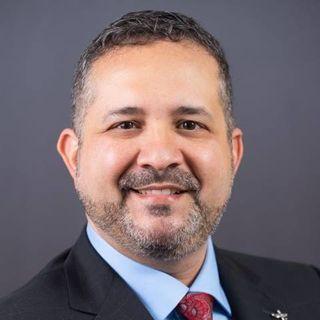
Should You Prioritize Paying Off Debt or Saving for Retirement?
Many Americans are burdened by debt and have little or no retirement savings, and people who want to get out of debt and save money for the future often don’t know where to begin. Some financial experts might offer general advice that doesn’t fit every situation. The correct approach depends on several individual factors.
Burdens of Debt and Benefits of Saving
High-interest debt, particularly from credit cards, can weigh you down. Interest can keep building up month after month, and making only minimum payments can cause you to feel as though you’ll never be free. Paying as much as you can every month can help you eliminate debt faster.
On the other hand, the key to building up a retirement account is time. Making regular contributions, even small ones, and allowing interest to accumulate for decades can help you build a sizable nest egg. If your employer matches your contributions, your savings will grow even faster, especially if you contribute the maximum allowed.
Which Approach Is Right for You?
If you’re relatively young and saddled with high-interest debt, it makes sense to tackle that first. Doing so will allow you to stop spending money on interest and then focus on other long-term priorities. Once your debt has been eliminated, you’ll still have several decades to save for retirement and will be able to contribute a significant amount each month.
If your debts have low interest rates and you have little or no money saved for retirement, contributing to a 401(k) or IRA first makes sense, especially if you’re getting older. The more time your retirement savings get to accumulate interest, the better off you’ll be down the road. The amount of money you’ll gain in interest on your savings will likely be much higher than the amount you’ll pay in interest on your debt.
If you have debt with moderate interest rates, some retirement savings and decades left to save, strike a balance between paying off debt and saving for the future. Look at your monthly income and expenses and create a plan that addresses your priorities of saving for retirement and eliminating debt so you can work toward both goals simultaneously.
Figure Out What Makes Sense for You
When it comes to financial questions, one-size-fits-all advice isn’t appropriate. Whether you should save for retirement, pay off debt first or do both at the same time will depend on the amount of debt you have, your interest rates, how much you have saved for retirement and how much longer you plan to work. Consider your individual circumstances to decide which approach is right for you.
This article is intended for informational purposes only and should not be construed as professional or legal advice.


